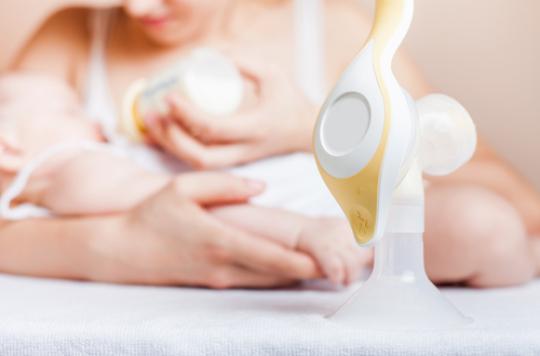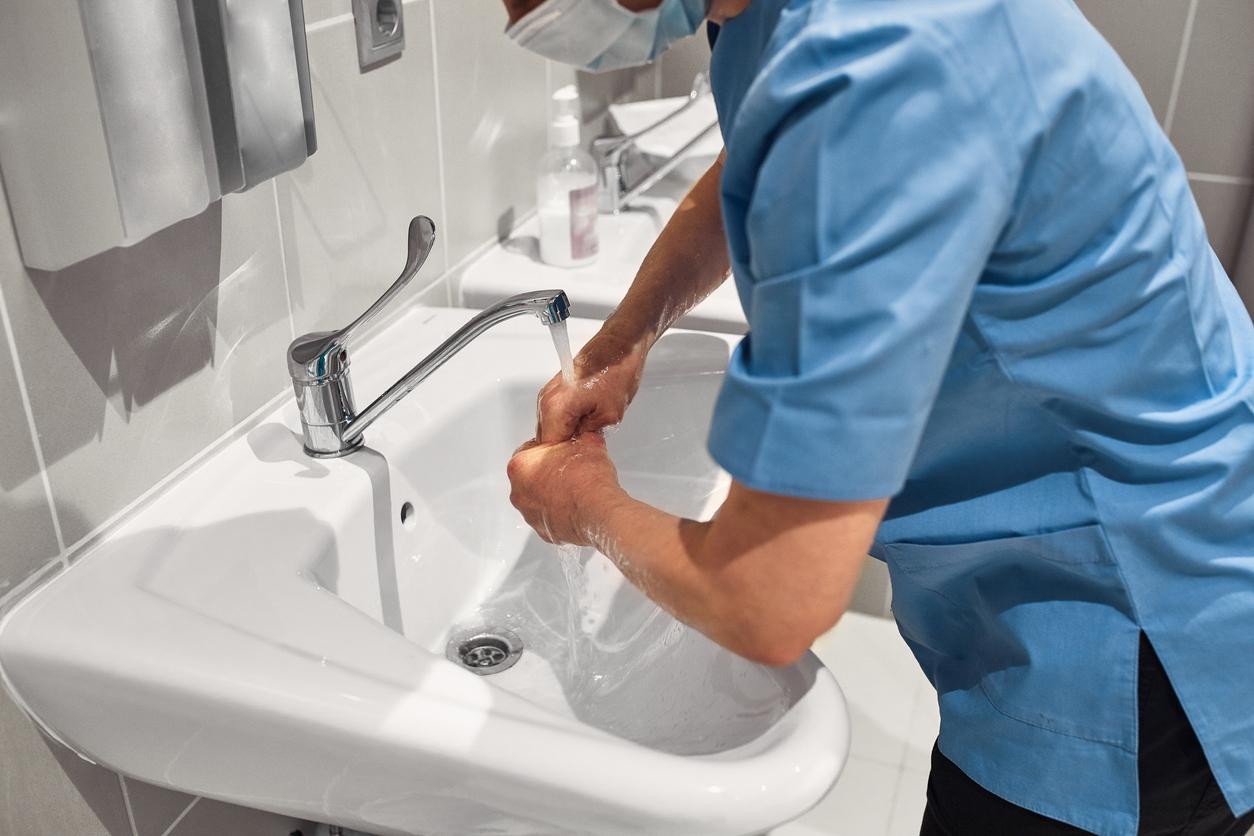The Île-de-France lactarium suspends its activity after the suspicious death of two premature babies. A bacterium was found in breast milk. The ANSM will investigate on the spot.

The National Medicines Safety Agency (ANSM) will look into the deaths of two very premature infants in Île-de-France. Three infants received breast milk likely contaminated with the bacteria Bacillus cereus. It came from the lactarium in the region, located on the premises of the Necker hospital (Paris), which temporarily suspended its activity.
Invited on the set of Grand Jury RTL / Le Figaro / LCI, the Minister of Health Marisol Touraine announced an investigation in the services concerned from this Monday, September 5. “As of tomorrow, an inspection by the National Medicines Safety Agency (ANSM) will be carried out on site, in the milk bank and the departments concerned, to try to identify what may have happened,” she says.
31 establishments served
Two neonatology departments in the Ile-de-France are concerned by these contaminations. “It was when there was the second death that we asked ourselves what there could be in common. Questions relate to a possible transmission of the bacteria on the milk”, specifies Marisol Touraine. In both cases, it comes from donations and was sent by the lactarium of Île-de-France, located in the premises of the Necker hospital (Paris). This structure is responsible for centralizing the samples, analyzing them and sending them to the services in need.
“It is not possible to say that this milk is the source of contamination, but it is also not possible to exclude it at this stage”, underlines a press release from the AP-HP. The suspension of the structure is therefore a simple precautionary measure, to which is added the recall of the batches already distributed. 28 hospitals in the Ile-de-France region and 3 in the provinces are supplied by the Necker lactarium, which produces around 700 liters per month.
The AP-HP specifies that other establishments will take over while waiting for its reopening. It will no doubt be influenced by the results of the various investigations in progress. They are intended to explain how the three contaminations occurred and if they are linked. For this, strain analysis will be essential. Because “to date, the microbiological checks carried out on the milk delivered by the Lactarium de Necker (…) have all been negative”, according to the AP-HP.
food poisoning
The first examinations revealed the presence of the Bacillus cereus in the three infants. This bacterium is naturally found in soil, water or even plants. Inoculated into a healthy person, it only causes mild food poisoning (vomiting, diarrhoea) and transient. But in more fragile, immunocompromised or very premature patients, for example, severe complications can occur, such as sepsis or meningitis. Antibiotics are the only remedy for this infection.
At present, the AP-HP is cautious: the role of contamination in the death of the two infants is not determined. Being both very premature infants weighing less than 1 kg, they may have succumbed to other events.
.

















